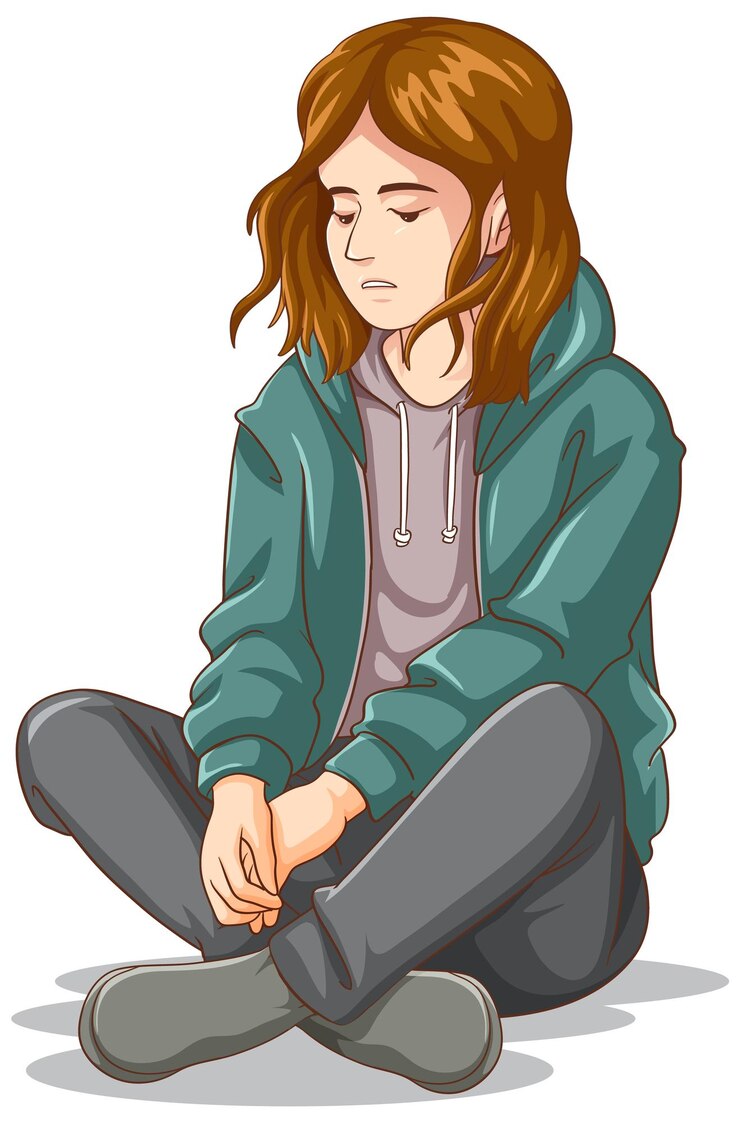Emetophobia, the fear of vomiting, can make even the most ordinary situations feel overwhelming for teens. Whether it’s eating at a restaurant, attending school, or even being around someone who feels unwell, the fear of vomiting or witnessing vomiting can feel paralyzing. Fortunately, with the right support and strategies, emetophobia doesn’t have to control a teen’s life. Let’s explore what emetophobia looks like and how therapists for teens and parents can help manage it.
Signs & Symptoms of Emetophobia in Teens
Emetophobia can manifest in a variety of ways. Some common signs to watch for in teens include:
– Extreme fear of vomiting or seeing others vomit. Teens might worry constantly about getting sick, even if they feel fine.
– Avoiding certain foods or places. They may skip eating at restaurants, school cafeterias, or anywhere they fear contamination.
– Odd eating habits. Teens may always insist on taking the first piece of pizza (before anyone else touches it) or they may eat chips (crisps) out of the bag without their hands touching them. They may also leave little ends of French fries (chips) because they won’t eat the part they’ve touched.
– Excessive hygiene practices. Constant hand-washing or avoiding touching objects that could have germs.
– Avoiding social situations. Fear of being in a place where vomiting could occur, such as parties or public transport.
– Physical symptoms. Panic attacks, sweating, or stomach issues when they think about vomiting or being in risky environments.
If your teen frequently experiences these symptoms, they may be dealing with emetophobia.
Common Avoidances
Teens with emetophobia often steer clear of situations they associate with their fear of vomiting. Here are some examples:
– Eating out: Restaurants, school lunches, or food from unknown sources may be avoided.
– Public transportation: The fear that someone might get sick on a bus, train, or airplane.
– Social gatherings: Parties, school trips, or sleepovers where food is involved or sickness could happen.
– Hospitals or doctor visits: Avoiding places where illness or vomiting may be present.
– Car trips (or any travel) as they fear they may get motion sick, even if they never have before.
Common Safety Behaviours
Teens with emetophobia often develop “safety behaviours” to feel more secure. While these actions may seem helpful, they can reinforce anxiety over time. Examples include:
– Avoiding food. Skipping meals to prevent the possibility of feeling sick.
– Constantly checking food expiration dates. Obsessive focus on whether food is fresh and safe to eat.
– Carrying anti-nausea remedies. Teens might rely on things like ginger, mint, or even medications to soothe their anxiety about vomiting.
– Monitoring others’ health. Teens might question family or friends constantly to make sure they’re not sick.
These behaviours can become a crutch, perpetuating the cycle of fear and avoidance.
How Common is Emetophobia?
Emetophobia is more common than you might think, though it often goes unspoken. Roughly 6-7% of the population experiences fear of vomiting, and about 0.2% have severe and debilitating emetophobia. If your teen is struggling, they are not alone. Understanding that others feel the same way can be a huge relief.
Tips for Teens with Emetophobia
If you’re a teen dealing with emetophobia, here are some tips to help manage your fears:
– Start small. Gradually face your fears. You don’t have to jump into a situation that’s too overwhelming right away.
– Try to stay in the moment. If you can, try to stay where you would normally run away, and if you’re feeling nauseous and anxious try to remain in the feelings until they go away on their own (they will). This works better in the long run than trying to control your anxiety and make it go away.
– Challenge negative thoughts. Fear of vomiting often comes from imagining the worst-case scenario. Ask yourself if these fears are likely to come true.
– Focus on what you can control. Shifting attention from uncontrollable factors (like others’ health) to things you can manage (like your own thoughts and reactions) can help reduce anxiety.
– Mindfulness exercises. Practicing relaxation techniques, breathing, and mindfulness exercises can help you manage the physical symptoms of anxiety IF they go too high to tolerate.
Tips for Parents of Teens with Emetophobia
Parents play a crucial role in supporting teens with emetophobia. Here’s how you can help:
– Be patient. Overcoming phobias takes time. Encourage gradual exposure to fear-inducing situations without pushing your teen too quickly.
– Validate their fears. Even if the fear seems irrational, it feels very real to your teen. Offer empathy and understanding.
– Model calmness. Show them how to manage anxiety in challenging situations, even if you’re feeling anxious yourself.
– Don’t Enable Them. Don’t let your teen control your life in ways that help them feel less anxious (such as cooking chicken way too much, washing hands very often, etc.)
Therapy is a powerful tool for teens struggling with emetophobia. Cognitive Behavioural Therapy (CBT) with Exposure and Response Prevention (ERP) is the most effective treatment. It helps teens identify and challenge their negative thoughts and change unhelpful behaviours. CBT also involves gradual exposure therapy, where teens can safely confront their fears in a controlled way, building confidence over time.
For teens dealing with severe emetophobia, a therapist may also explore mindfulness or other coping techniques to help manage anxiety in the moment.
Emetophobia doesn’t have to control your teen’s life. With the right strategies and support, they can learn to manage their anxiety and feel more comfortable in situations that once seemed unbearable. If your teen is struggling, consider reaching out for professional help. Therapy can make a world of difference in overcoming this challenging phobia.
In the Carolinas contact The Carolinas Counseling Group at admin@carolinascounseling.com for emetophobia treatment for teens.
Anna Christie is putting together a workshop for parents of teens with emetophobia. Check her website for more details as they come: https://www.emetophobiahelp.org or email Anna at annachristie@shaw.

Leave a Reply